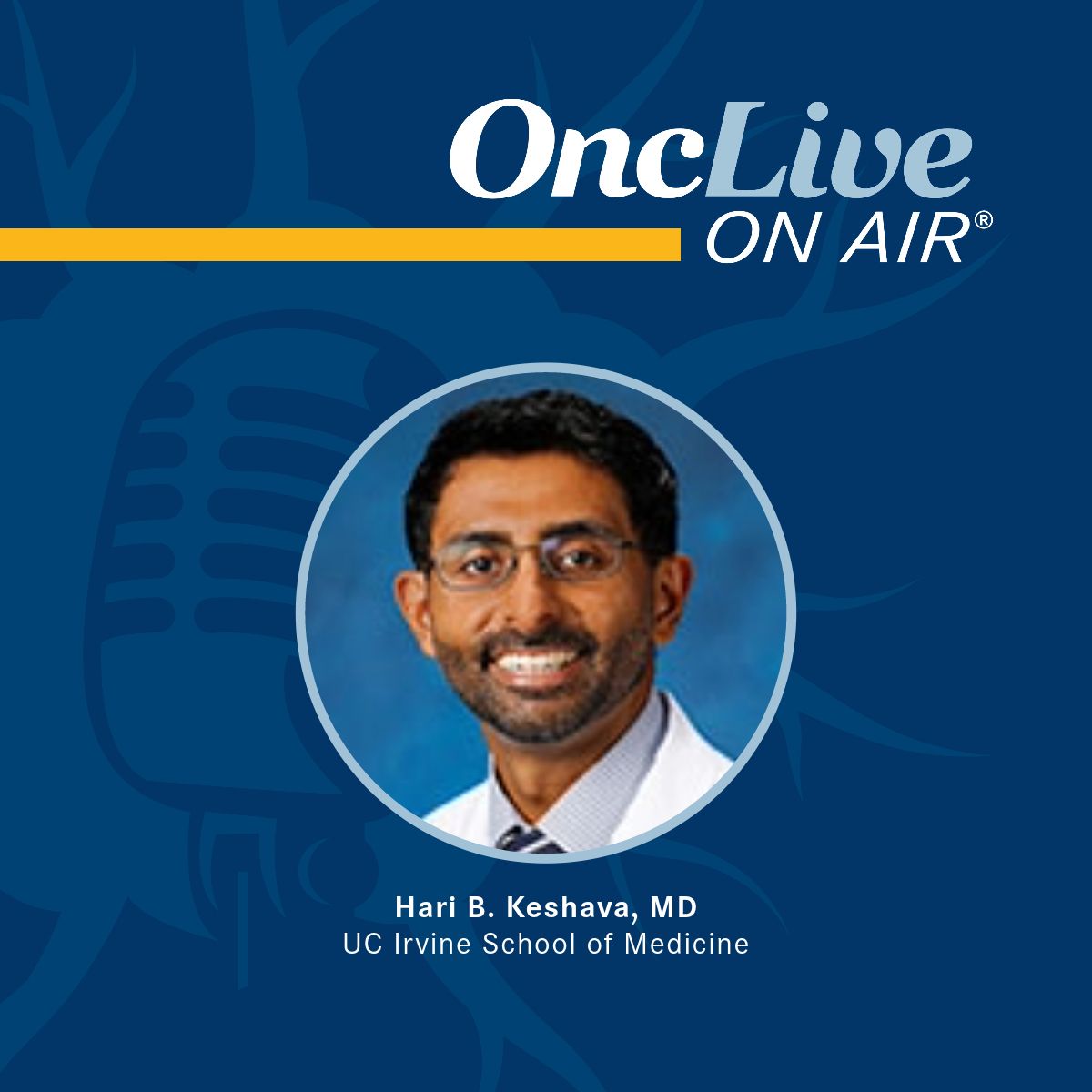Commentary
Video
Dr Harpole on Perioperative Durvalumab Plus Chemotherapy in EGFR-Mutated NSCLC
Author(s):
David Harpole, MD, discusses findings from an exploratory analysis of the phase 3 AEGEAN trial in patients with EGFR-mutated non–small cell lung cancer.
David Harpole, MD, George Barth Geller Distinguished Professor for Research in Cancer, professor, surgery, professor, pathology, member, Duke Cancer Institute, discusses findings from an exploratory analysis of the phase 3 AEGEAN trial (NCT03800134) in patients with EGFR-mutated non–small cell lung cancer (NSCLC), which he presented at the 2023 IASLC World Conference on Lung Cancer.
The AEGEAN trial compared perioperative durvalumab (Imfinzi) plus neoadjuvant chemotherapy with neoadjuvant chemotherapy alone in patients with resectable NSCLC. In this trial, the durvalumab regimen generated event-free survival (EFS) and pathologic complete response (pCR) benefits vs chemotherapy alone. However, these efficacy analyses excluded patients with known EGFR or ALK aberrations from the modified intent-to-treat (ITT) population. This exploratory analysis investigated the efficacy and safety of the AEGEAN regimen in patients with EGFR-mutated disease.
The findings from this analysis should be approached with caution because of the small population size and short duration of follow-up, Harpole says. In total, 51 patients with EGFR-mutated NSCLC were enrolled in AEGEAN, 26 of whom received durvalumab plus chemotherapy and 25 of whom received chemotherapy alone.
Previous research has indicated that patients with advanced-stage, EGFR-mutant or ALK-rearranged NSCLC derive less benefit from immunotherapy than patients with NSCLC that does not harbor these aberrations, Harpole notes. The AEGEAN investigators hypothesized that the results of this subgroup analysis would mirror those previous findings, Harpole explains.
At a data cutoff date of November 10, 2022, and a median follow-up of 16.6 months, the unstratified EFS hazard ratio (HR) was 0.86 (95% CI, 0.35-2.19) in patients with EGFR mutations. In the modified ITT AEGEAN population, the stratified EFS HR was 0.68 (95% CI, 0.53-0.88; P = .003902). In the EGFR-mutant population, the pCR rates were 3.8% (n = 1) and 0% in the durvalumab and placebo arms, respectively. In the modified ITT population, the pCR rates were 17.2% and 4.3% in the durvalumab and placebo arms, respectively. In addition, no new safety signals were observed in this subgroup analysis, and the rates of adverse effects were similar between both arms, according to Harpole.
These data indicate that patients with NSCLC harboring EGFR mutations should not be included in clinical trials investigating chemoimmunotherapy and should not receive chemoimmunotherapy treatment, Harpole concludes.









